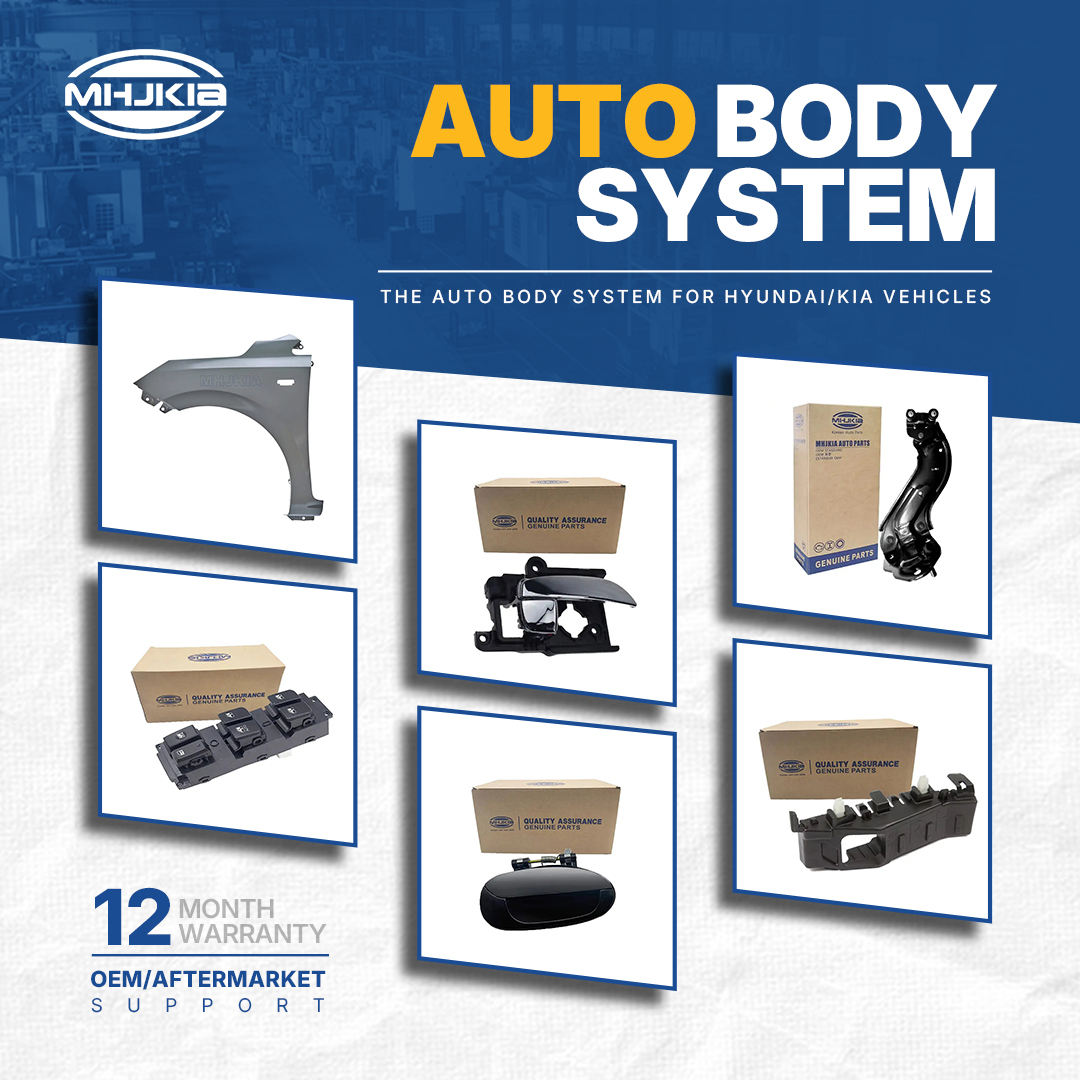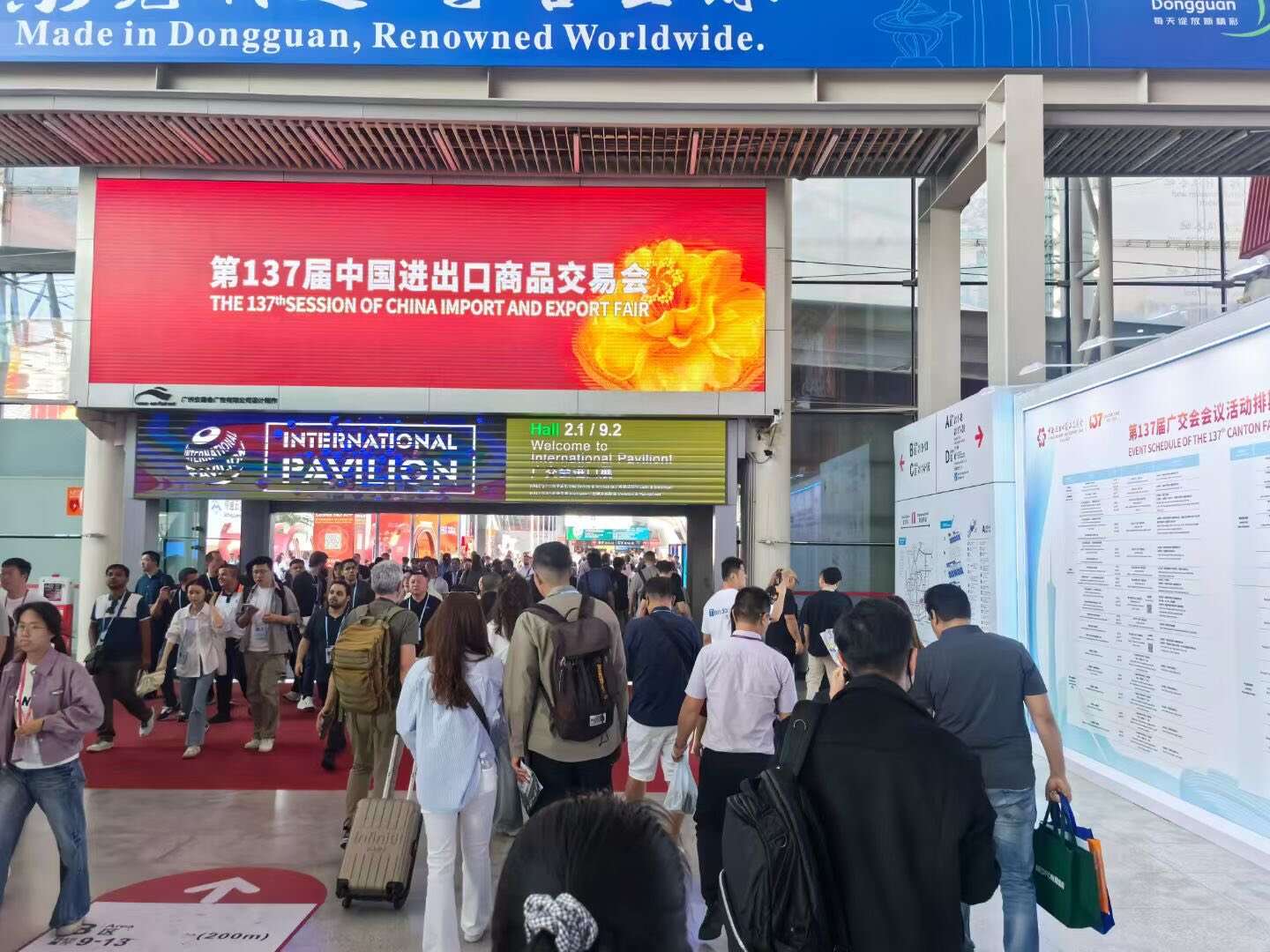Email cannot be empty
Password cannot be empty
Email format error
Email cannot be empty
Email already exists
6-20 characters(letters plus numbers only)
The password is inconsistent
Email format error
Email cannot be empty
Email does not exist
6-20 characters(letters plus numbers only)
The password is inconsistent

News
Company news and exhibition information

5 Key Differences Between OEM and Aftermarket Auto Body Parts for Hyundai and Kia
Introduction: In the ever-growing marketplace of auto body parts, Hyundai and Kia owners often face a dilemma—should they opt for Original Equipment Manufacturer (OEM) parts or aftermarket alternatives for their vehicles? This article will explore the primary differences between OEM and aftermarket auto body parts for Hyundai and Kia models, discussing quality, price, availability, warranty, and fitment. Because purchasing the right auto body parts can save time, money, and hassle in the long run, this guide is especially valuable for both new and experienced car owners.

1. Manufacturing Quality
When it comes to auto body parts, OEM parts are produced by the same manufacturers who originally built the car, adhering to stringent quality standards. These components are specifically designed for Hyundai and Kia models, ensuring excellent performance and durability. Aftermarket parts, on the other hand, can range from high-quality replacements made by reputable third-party manufacturers to budget-friendly options that might not match OEM standards. It’s important to check the brand’s reputation, product reviews, and material quality before committing to an aftermarket part.
2. Price Comparisons
A major draw of aftermarket auto body parts is their generally lower price. Owners can potentially save a significant amount on these components compared to OEM alternatives. However, the cost savings might come with trade-offs in engineering precision and long-term reliability. OEM parts, while often more expensive, are designed to match factory specifications perfectly, providing peace of mind for those who want a guaranteed fit and quality.
3. Availability and Range
Because OEM parts are produced in direct association with the automakers, the supply chain might be more limited, especially if the vehicle is a newer model or if certain parts are in high demand. Aftermarket suppliers often carry a wide range of products, helping car owners find specific customizations or designs at short notice. If you need Hyundai or Kia auto body parts quickly, aftermarket replacements may be easier to locate. Still, verifying the quality and reputation of the aftermarket brand is essential before buying.
4. Warranty and Support
One aspect where OEM parts continue to set themselves apart is the warranty. Hyundai and Kia OEM parts typically come with a manufacturer’s warranty, ensuring you’re covered for defects or issues that might arise. Aftermarket warranties can vary widely. Some high-grade aftermarket suppliers do provide coverage for their products, but it may be shorter or limited in scope. Comparing warranties is crucial for making a sound decision if long-term support is a priority.
5. Fitment and Compatibility
A key advantage of OEM auto body parts is precise fitment. Because they’re engineered to match the original vehicle design, installation is usually straightforward. Aftermarket parts can sometimes require modifications or adjustments, adding to labor time and cost. On the flip side, many reputable aftermarket brands produce high-quality components that fit as well as or even better than some OEM parts. Always consult product reviews or experienced professionals when choosing the right option for your Hyundai or Kia.
Conclusion
In summary, the choice between OEM and aftermarket auto body parts for Hyundai and Kia largely hinges on personal preferences, budget considerations, and performance needs. OEM components ensure quality, reliability, and straightforward fitment but may come with a higher price tag. Aftermarket parts offer a broader selection and lower cost but require extra diligence when assessing quality.
For a reliable selection of Hyundai and Kia auto body parts, MHJKIA Auto Parts offers extensive product categories and global delivery. Established in 2003, the company is located in Guangzhou, China—regarded as a weathervane in the auto parts industry—and operates primarily in Hyundai Kia Auto Parts, Shock Absorber, Engine Assembly, and more. For further details and inquiries, visit
http://mhjkiaautoparts.com.

